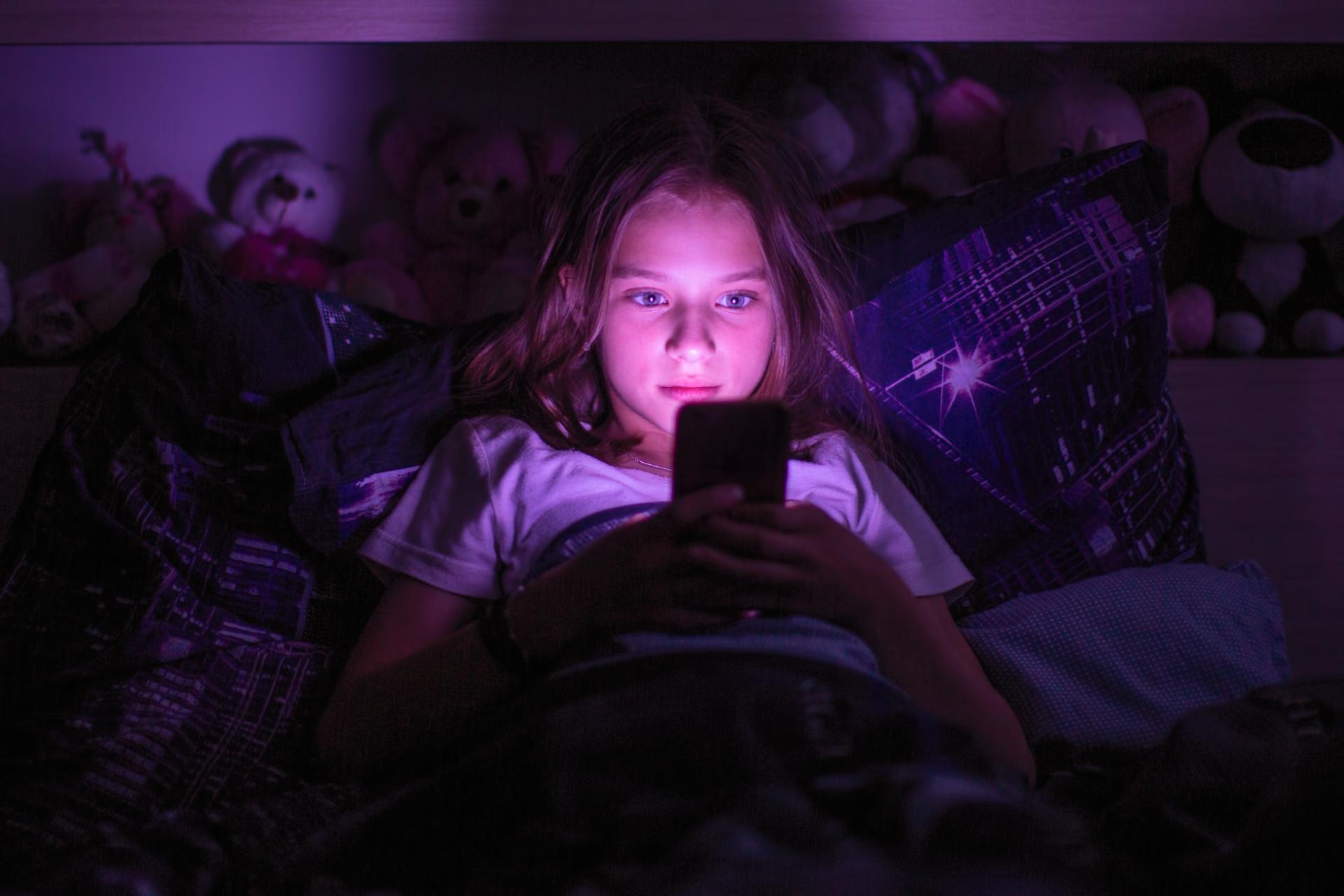Digital parenting: what you need to know
Navigating the firehouse of information about the digital world is an almost impossible task. Everyone has something to say. Psychologists, actors, MPs, teachers, friends and foe. In this article, we're going to try to find a route through the shouting and the noise. If you’re worried about your child and the digital world, we hope this will help.
First up smartphones and screen time. Is there a sweet spot? Should you give your child a smartphone free childhood and what if you can’t? What if the smartphone is the only device your child has access to for their homework? Here’s what we know.
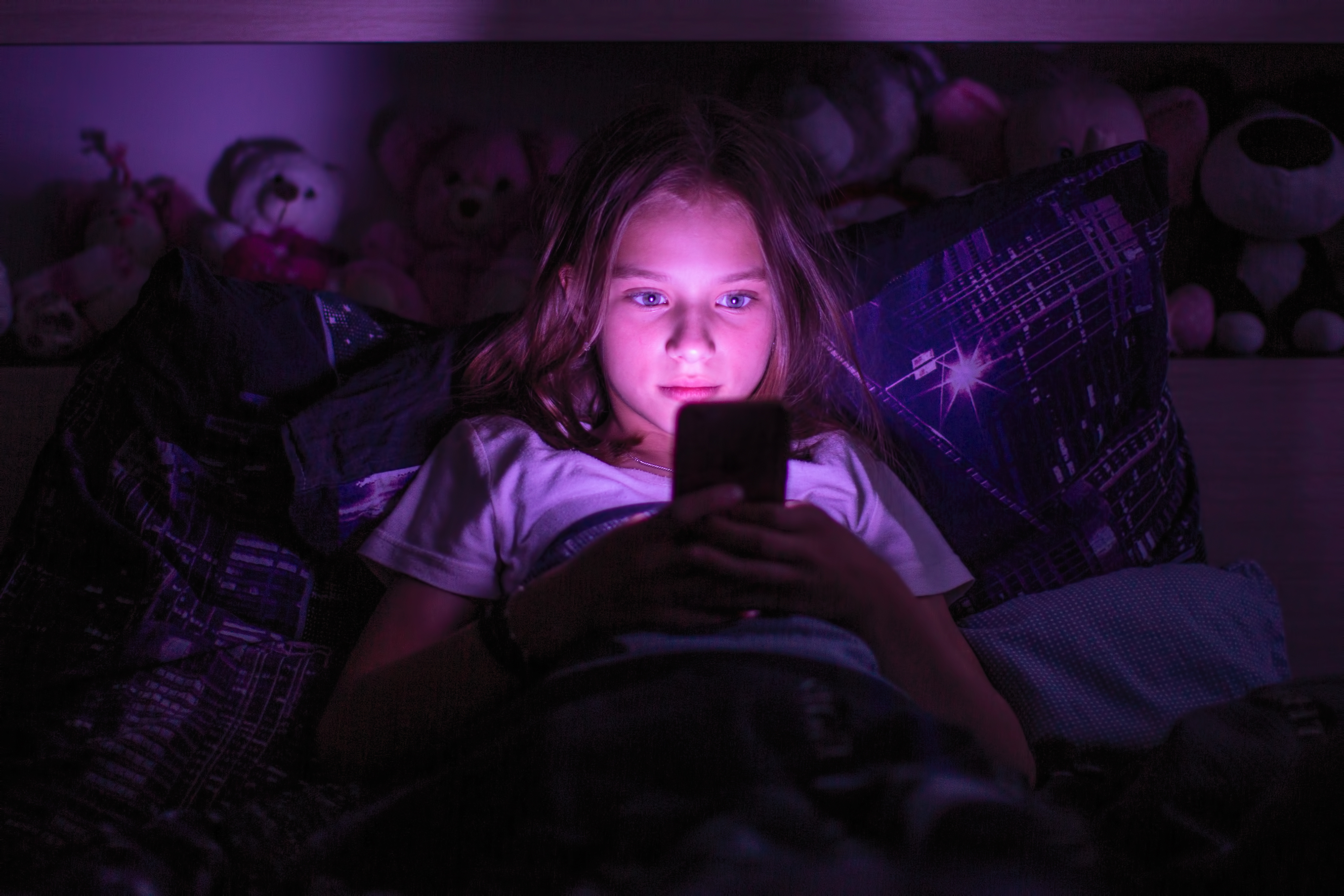
Smartphones
Smartphones are uniquely problematic for parents because they are such personal devices.
They go with your child everywhere and they distract them just by being close by.
Would a ban help? Perhaps, but most of us rely on being able to reach our children if we need to and for them to be able to reach us. To make sure they’re safe. To update them on changing plans and just to check in. Without a phone it’s so much harder to tell them if you’re going to be late home from work or if they need to head to Grandma for dinner.
The key is to have rules and boundaries. It’s boring and an endless tussle to enforce but make sure you have a way to help your child find time to be away from their phone. Make them leave it in another room if they’re doing homework. Get everyone to put them away when you’re eating. Don’t let your child take them with them to bed.
Think about having some phone free spaces – there isn’t a good reason for a child to take their phone to the bathroom. Find some rules that create smartphone boundaries and enforce them. Your child’s school probably already has smartphone rules and those are important to create learning environments. As a parent your role – and it’s a vital one – is to create the right environment at home.
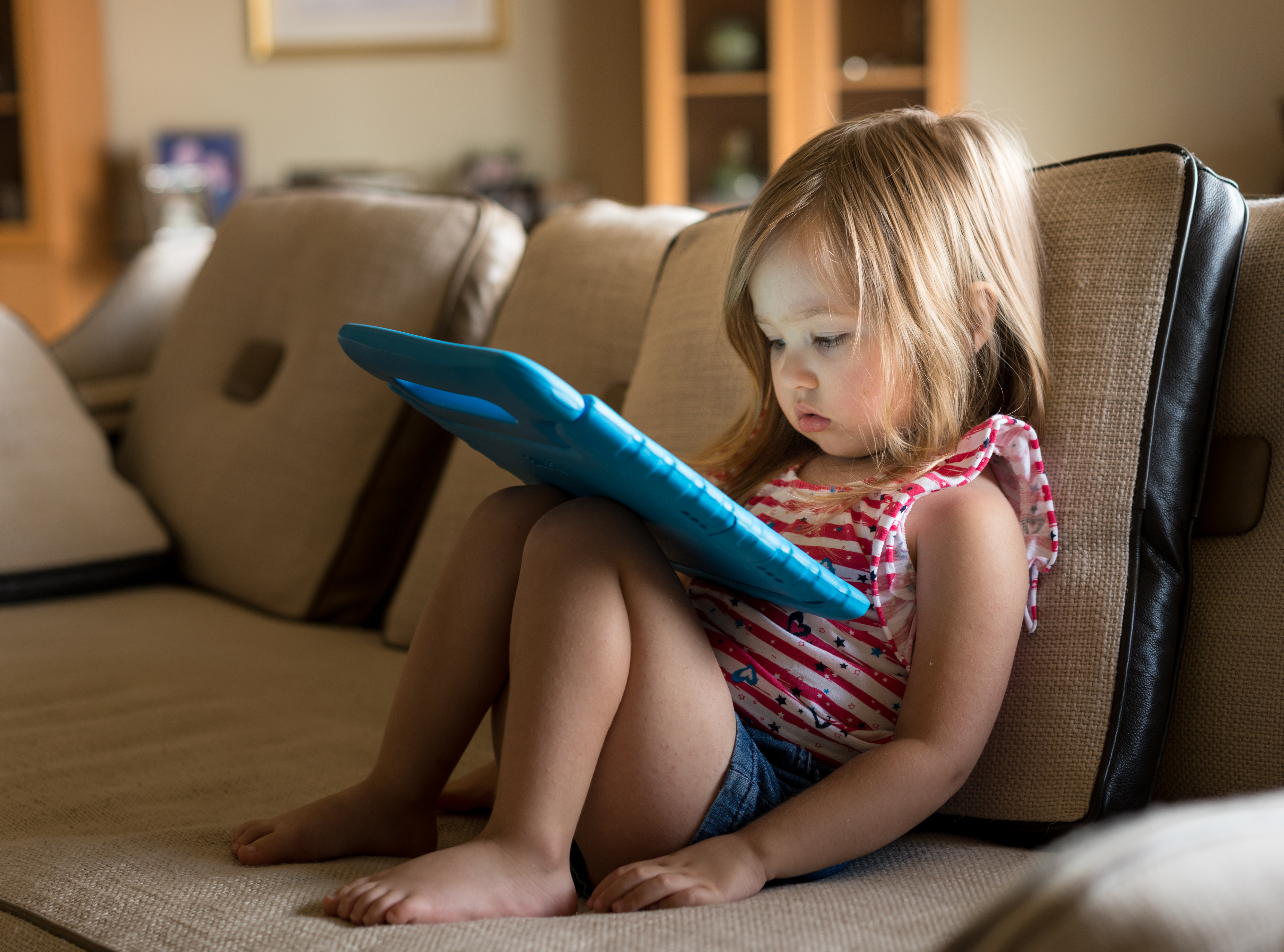
Screens
When it comes to other screens, remember it’s what they’re doing that matters most – and that doesn’t have to be educational activities at all times.
Play is good and it’s important. Make sure their day has time in it for things that don’t require a screen and try to mix up their screen use. Perhaps you could persuade them to watch an actual TV? Watching content together as a family is a different experience to consuming on your own and switching up screen time use is a win.
Trying to achieve a totally screen free childhood might feel attractive but children will find a way to access the internet and the last thing we want is for that access to be hidden. It’s also important to remember that parents are responsible for raising children that can flourish in the environment they will inhabit. Their future will be digital so it’s important you are raising them to benefit from that. You have a responsibility to teach them how to use technology well, starting with lots of boundaries and guardrails and raising humans who behave as well online as they do off.
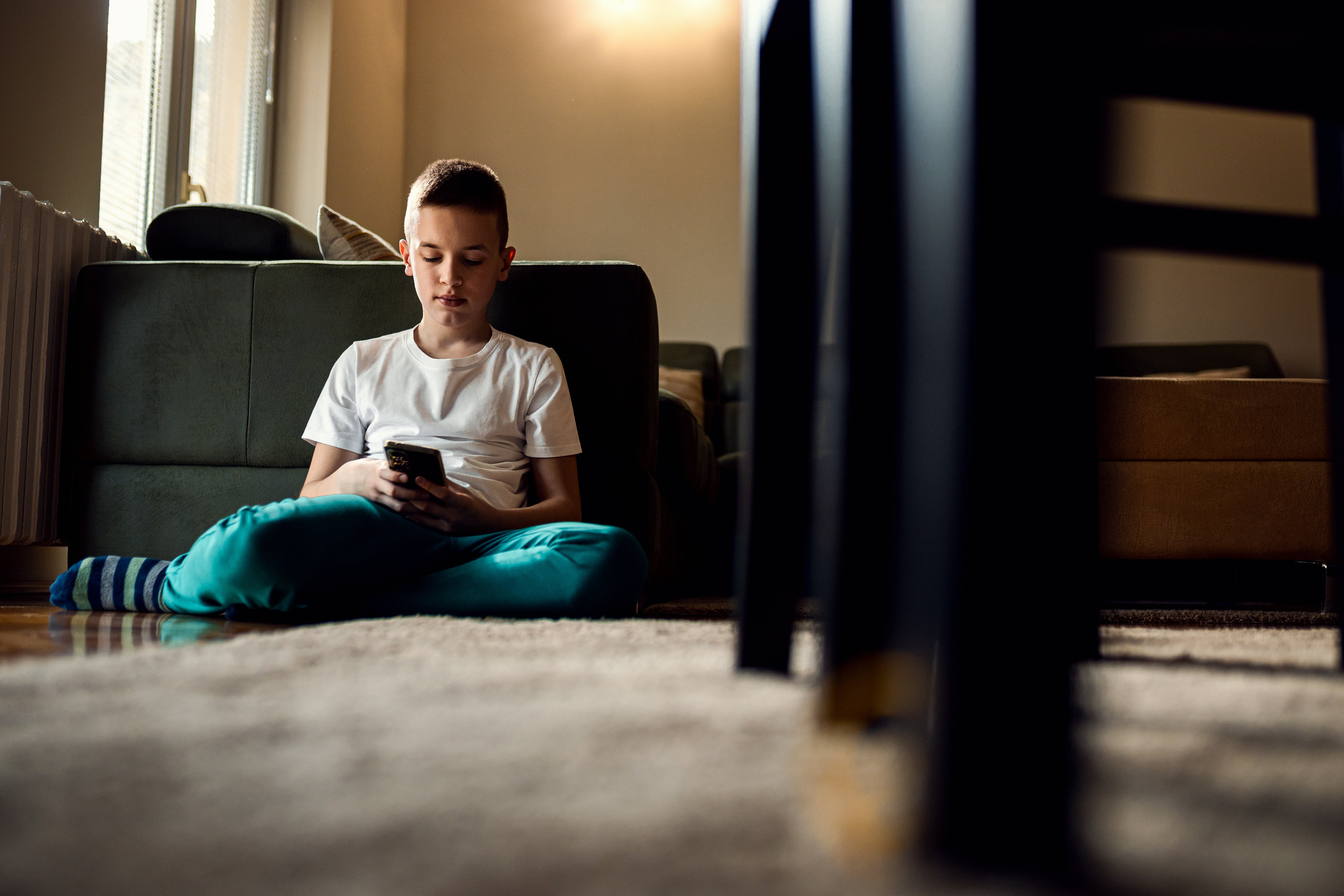
Social Media
What about social media? Should you ban Instagram and TikTok? Is 4Chan as bad as everyone says and what counts as social media anyway? The answer here is complicated.
First thing to know is that age ratings are there for a reason and it’s best to follow them. The internet is becoming more age aware and one of the upsides of that is that platforms are building more age appropriate experiences. They’re not perfect but ignoring age ratings means they don’t benefit from even the imperfect solutions. So stick to the rules and at least some of the heavy lifting will have been done for you.
Researchers continue to look at whether social media has a negative impact on young people but what is beyond doubt is that some young people will experience harm and there is content that is really troubling. In a world of influencers parents have a real battle on their hands to help their children filter out the nonsense and find the helpful and joyful. However, that is the job.
If your child uses social media you need to know who they follow, what they enjoy and you have to create time to listen to them. Talking, debating, arguing – call it what you will – it’s the way you can help your child to process what they’re seeing online. It’s not always going to be comfortable or easy but it has to be part of family life because if it’s not you’re leaving the internet to form their world view and that’s a terrible idea.
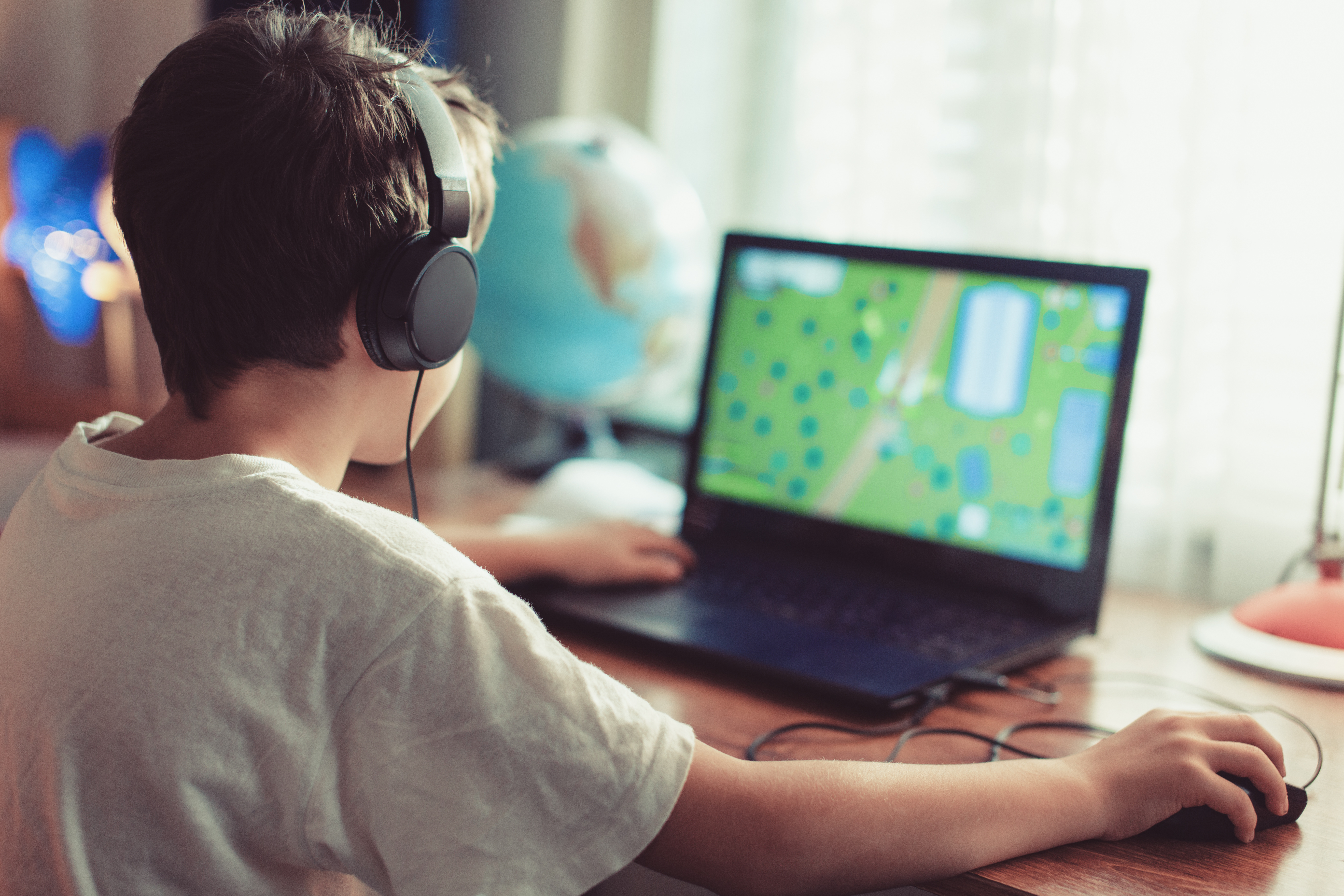
Games
So many people are talking about smartphones and social media but online gaming is enjoyed by the vast majority of young people - our research showed that 97% of children and young people were gamers.
They’re fun. They can foster team work and the dexterity that comes with gaming is pretty impressive. Some games - like Roblox - foster skills that could spark a career in technology.
Does that make gaming the easy, safe digital option? The answer is emphatically not.
For all the positive aspects of gaming, there are things you need to watch out for. In game spending, gambling like mechanics, violence and normalised misogyny are all risks. Make sure you help your child choose their games with care. Read the reviews, set up spending limits and spend some time watching them play. It’s not the most riveting thing to do but it does two important things.
The first is that it tells them that you’re interested and aware. It also helps you get a sense of the games they are playing. If you’re able, it’s great to play together but (if you’re anything like our CEO) you may find your gaming prowess doesn’t quite match the skills of your youngest! Do what you can and don’t feel bad if you don’t know your way around a gaming controller. But equally don’t let that make you feel you can step back. Do your due diligence. Set some time boundaries and stay in control.
We hope that helps. Digital has made family life more challenging but it’s impossible – and ultimately counter-productive – to imagine we can turn the clock back. Remember you have the power to say no – if that’s your decision. You can turn the router off if despair sets in and you want time to disconnect.
But never feel bad for letting your child enjoy all the wonderful things the internet has brought to family life. It is their future and it’s part of all our lives.
If you have any questions or want further information we have lots of resources in our parent section and we’re happy to respond to your email via info@parentzone.org.uk

